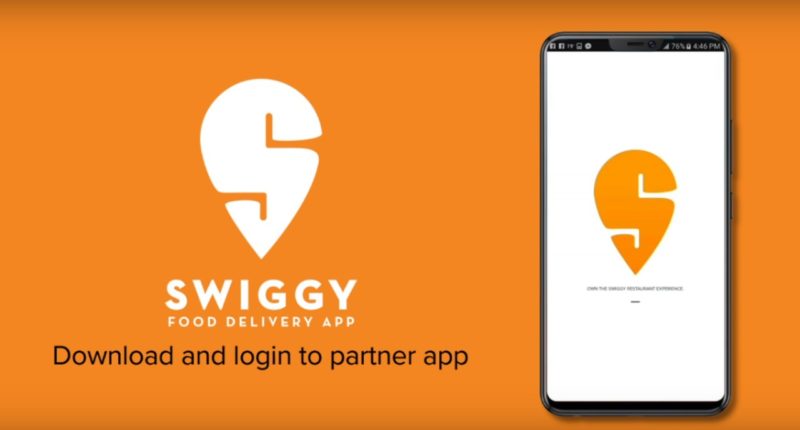Swiggy is Zomato’s biggest competitor. However, the company has been looking to expand into other arenas as well, and reduce its reliance on the very competitive market of food delivery, which has very low profit margins. After introducing groceries and novel features like Swiggy Genie, the company is now trying its hand at social commerce with a brand new feature called Swiggy Bazaar.
This was disclosed in the company’s job postings on LinkedIn and GetWork, which reads:
“Swiggy Bazaar is our latest foray in the trillion-dollar grocery market and will be a community group buying destination. Over the last year in lockdown, consumers have discovered new ways to access better foods and some of these behaviours have proved to be resilient, creating tailwinds that Bazaar will aim to ride.”
“Being a social commerce business, Bazaar will experiment with novel community-based marketing strategies, that you will help conceptualise and execute,” according to the job posting.
The news was first disclosed by Entracker in a report.
Social commerce is still a relatively new concept in India, but it has attracted the attention of some grand players with deep pockets. Dealshare, which recently raised $144Mn, as well as the newly turned unicorn Meesho, are already trying their hand at this mode of e-commerce.
It allows community leaders to form groups that shop together, offering up monetary incentives in terms of commissions to these leaders. They buy in bulk for the entire community, which trusts them to deliver their products. The company also benefits from this, as it allows access to new members that might not have been using its services before.
Since people are already using Swiggy to buy groceries, this social commerce platform can allow it to attract new users. As opposed to Zomato, which has been betting on food delivery almost exclusively (and to great response, if the recent IPO is anything to go by), Swiggy has always been more open to experimenting with new ideas.
